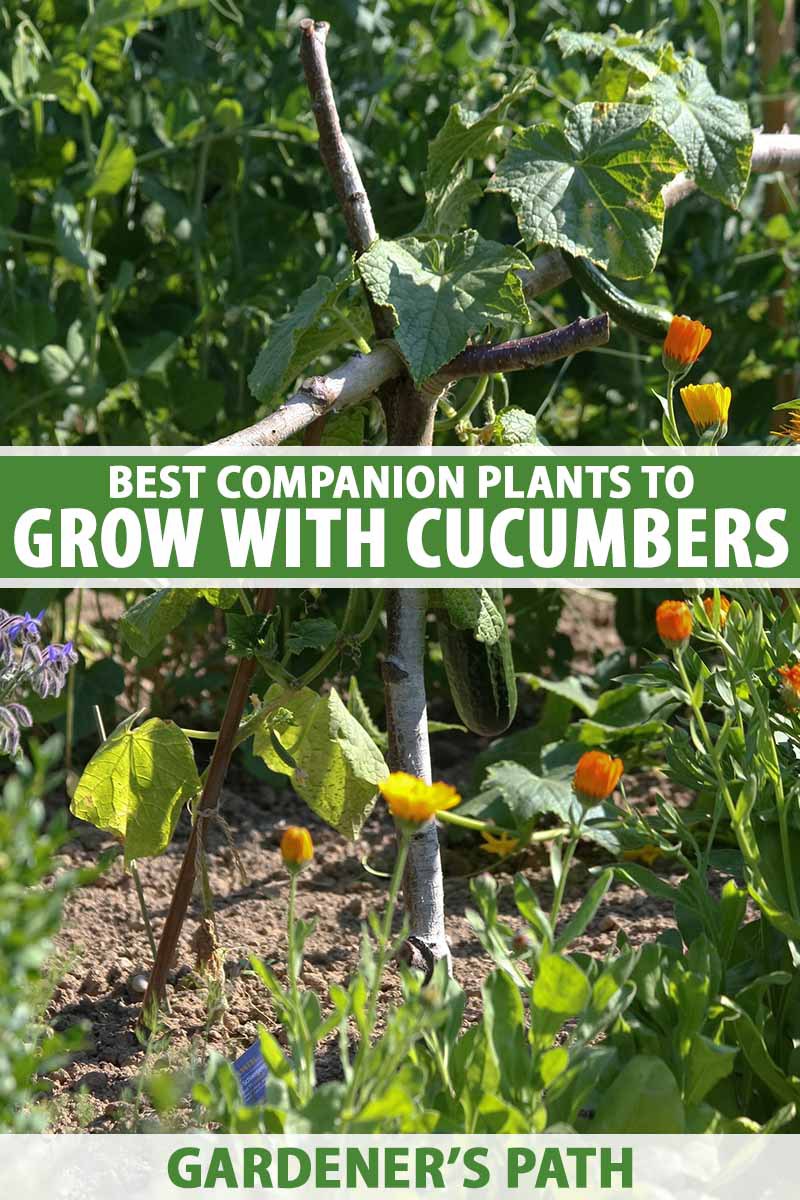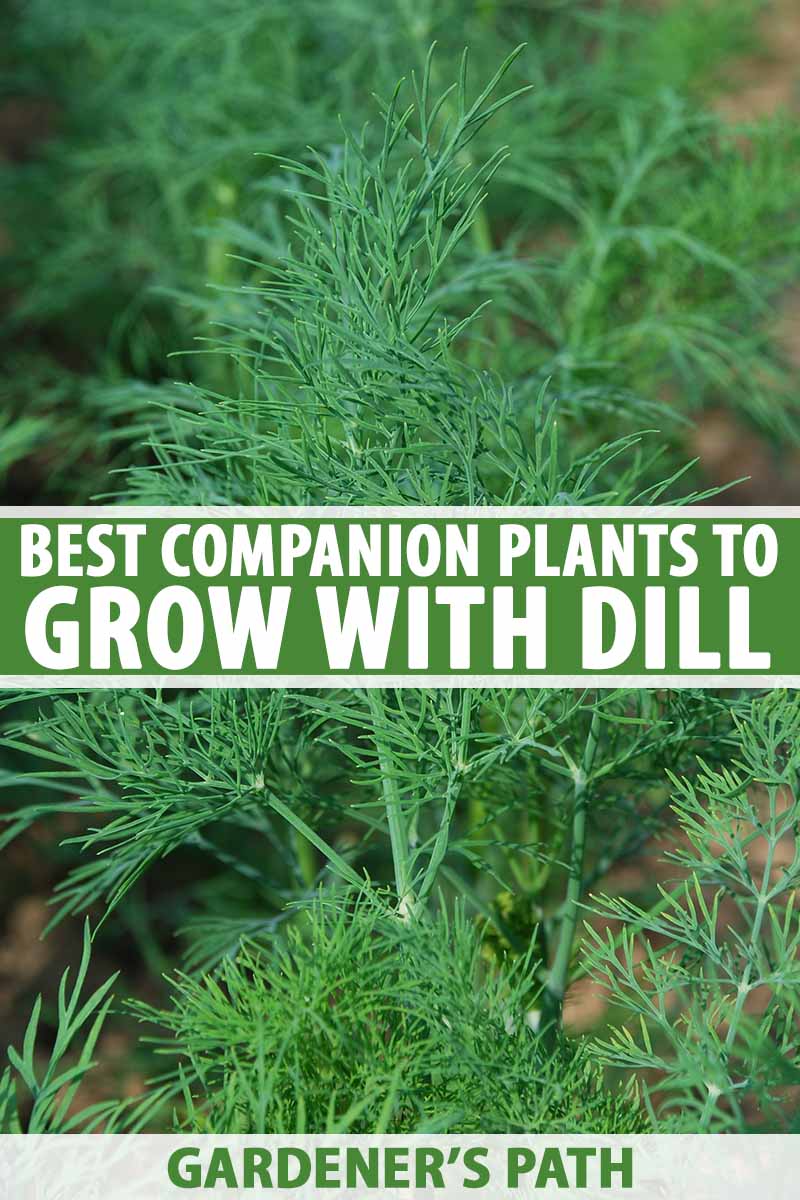Grow Bigger Better Cucumbers With The Right Companion Plants
Grow Bigger Better Cucumbers with the Right Companion Plants
Cucumbers are a delicious and versatile vegetable that can be enjoyed in a variety of ways. Whether you like them sliced in a salad, pickled, or grilled, cucumbers are a great addition to any meal.
If you're growing cucumbers in your garden, there are a few things you can do to help them grow bigger and better. One of the most important things is to choose the right companion plants.
Companion planting is the practice of planting certain types of plants together to benefit each other. Some plants can help to improve the soil quality, attract pollinators, or deter pests.
When it comes to cucumbers, there are a few plants that are particularly beneficial. These include:
- Beans: Beans are nitrogen-fixing plants, which means they can add nitrogen to the soil. This is a valuable nutrient for cucumbers, as it helps them to grow strong and healthy.
- Carrots: Carrots and cucumbers don't compete for resources, so they can be planted together without any problems. In fact, carrots can help to repel pests that target cucumbers, such as cucumber beetles.
- Dill: Dill is a great companion plant for cucumbers because it helps to attract pollinators. Pollinators are essential for cucumbers to produce fruit, so having dill nearby will help to ensure a good harvest.
- Nasturtiums: Nasturtiums are another good choice for companion planting with cucumbers. They help to deter pests, such as cucumber beetles and aphids.
- Sunflowers: Sunflowers can provide shade for cucumbers, which can help to prevent them from getting sunburned. They can also help to attract pollinators.
In addition to these plants, there are a few other companion plants that can be beneficial for cucumbers. These include corn, lettuce, radishes, and onions.
Of course, there are also some plants that you should avoid planting near cucumbers. These include melons, potatoes, and sage. Melons and potatoes can compete with cucumbers for nutrients, while sage can actually repel pollinators.
By choosing the right companion plants, you can help your cucumbers to grow bigger and better. So next time you're planning your garden, be sure to include some of these beneficial plants.
Cucumbers are a delicious and versatile vegetable that can be grown in containers. But did you know that there are certain plants that can help your cucumbers grow better? These are called companion plants, and they can provide a number of benefits, such as:
- Attracting pollinators: Some companion plants, such as marigolds and nasturtiums, attract pollinators like bees and butterflies. These insects help to pollinate your cucumbers, which can lead to a better harvest.
- Reducing pests: Other companion plants, such as dill and borage, can help to repel pests like aphids and cucumber beetles. This can help to keep your cucumbers healthy and free of damage.
- Improving soil quality: Some companion plants, such as beans and peas, are nitrogen-fixing plants. This means that they can help to improve the nitrogen content of the soil, which is essential for healthy plant growth.
If you're interested in learning more about companion plants for cucumbers in containers, I recommend visiting Gardenia Inspiration. This website has a comprehensive list of companion plants, as well as information on how to plant and care for them.
FAQ of companion plants for cucumbers in containers
Q: What are the best companion plants for cucumbers in containers?
A: Some of the best companion plants for cucumbers in containers include:
- Beans and peas: These legumes are nitrogen-fixing plants, which means they help to improve the soil quality for cucumbers. They also have similar growing requirements, so they can be grown together without competing for resources.
- Corn: Corn can be used as a natural trellis for cucumbers, and it also helps to attract pollinators.
- Marigolds: Marigolds are known for their insect-repelling properties, so they can help to protect cucumbers from pests.
- Nasturtiums: Nasturtiums attract beneficial insects, such as ladybugs and lacewings, which can help to control pests.
- Dill: Dill attracts pollinators and helps to deter cucumber beetles.
Q: What plants should I avoid planting near cucumbers?
A: Some plants that should be avoided planting near cucumbers include:
- Brassicas: These plants, such as broccoli, cabbage, and kale, can attract pests that also target cucumbers.
- Melons: Melons and cucumbers are both members of the cucurbit family, and they can compete for resources.
- Potatoes: Potatoes can harbor the same pests and diseases as cucumbers, so it's best to avoid planting them together.
- Sage: Sage can inhibit the growth of cucumbers.
- Fennel: Fennel can cross-pollinate with cucumbers, which can result in poor-quality fruit.
Q: How do I plant companion plants with cucumbers in containers?
A: When planting companion plants with cucumbers in containers, it's important to choose plants that have similar growing requirements. You'll also need to make sure that the plants have enough space to grow. Here are some tips for planting companion plants with cucumbers in containers:
- Choose a container that is large enough for both the cucumbers and the companion plants.
- Plant the cucumbers in the center of the container, and plant the companion plants around the edges.
- Water the plants regularly, and fertilize them as needed.
- Monitor the plants for pests and diseases, and take steps to control them as needed.
Q: What are the benefits of planting companion plants with cucumbers?
A: There are several benefits to planting companion plants with cucumbers, including:
- Improved soil quality: Some companion plants, such as beans and peas, are nitrogen-fixing plants, which means they help to improve the soil quality for cucumbers.
- Increased pollination: Some companion plants, such as marigolds and nasturtiums, attract pollinators, which can help to increase the pollination of cucumbers.
- Pest control: Some companion plants, such as dill and nasturtiums, attract beneficial insects that can help to control pests that target cucumbers.
- Reduced competition: Companion plants that have similar growing requirements can help to reduce competition for resources, such as water and sunlight.
Image of companion plants for cucumbers in containers
- Beans: Beans are a great companion plant for cucumbers because they help to fix nitrogen in the soil, which is a nutrient that cucumbers need. They also provide shade for cucumbers, which can help to protect them from pests and diseases.

- Carrots: Carrots and cucumbers are both root vegetables, so they don't compete for space in the soil. Carrots also help to repel pests, such as carrot fly, which can be a problem for cucumbers.

- Dill: Dill is a herb that is often grown as a companion plant for cucumbers because it helps to repel pests, such as cucumber beetles. Dill also helps to improve the flavor of cucumbers.

- Nasturtiums: Nasturtiums are a flowering plant that is often grown as a companion plant for cucumbers because they help to attract beneficial insects, such as ladybugs and lacewings. These insects help to control pests that can damage cucumbers.

- Sunflowers: Sunflowers are a tall plant that can provide shade for cucumbers, which can help to protect them from pests and diseases. Sunflowers also help to attract pollinators, which can help to improve the pollination of cucumbers.

Post a Comment for "Grow Bigger Better Cucumbers With The Right Companion Plants"